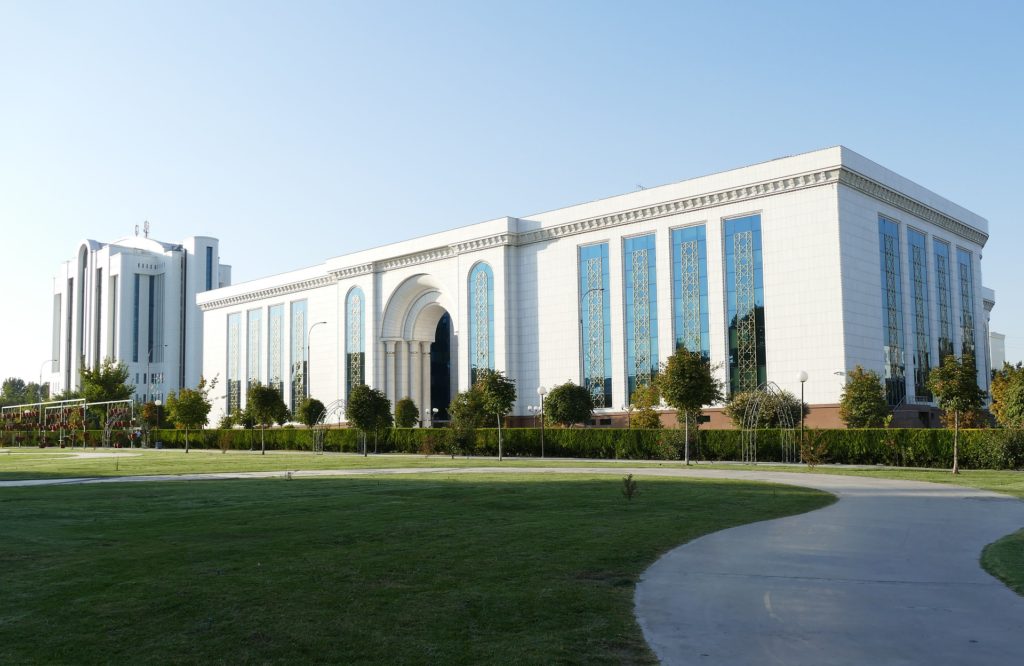TASHKENT
Uzbekistan’s parliament (Senate) has approved the country’s state budget for 2022 which projects economic growth at 6 percent and annual inflation at around 9 percent.
The state budget expenditures are projected at 214.8 trillion soums ($19.9 billion), 31.2 percent up from spending expected this year. Revenues are expected at 200 trillion soums or 23.8 percent of gross domestic product (GDP). The consolidated budget’s deficit is projected at 3 percent of GDP, which in nominal terms is forecast to reach 839.9 trillion soums.
The 6 percent GDP growth is expected to be driven by an increase in industrial production by 7 percent, services by 6.5 percent, construction by 8.1 percent, agriculture by 3.3 percent. The budget law sets the upper limit of attracting external debt at $4.5 billion.
In the sectoral breakdown in 2022, the largest share of value-added, 35.8 percent, falls on the service sector, followed by the industry (25.9 percent), construction (6.3 percent), agriculture, forestry and fisheries (24.7 percent).
The country’s foreign trade turnover is projected to reach $46.2 billion, exports – $20.1 billion and imports – $26.1 billion, resulting in a negative balance of $5.9 billion in 2022. If the projected targets for the next year are achieved, the country’s export will grow by 19 percent year-on-year and imports – by 9.5 percent.
Uzbekistan expects depreciation of the soum national currency against the U.S. dollar to 11,321 soums per dollar from the current 10,715.30 soums.
The state budget eyes an annual inflation target at 9 percent, unchanged from this year’s level.
The document introduces some tax changes: tax rate cut for using subsoil for oil and natural gas production down to 10 percent from 20 and 30 percent respectively, gold and copper – to 7 percent from 10 percent, tungsten – to 2.7 percent from 10.4 percent, uranium – up to 8 percent from 10 percent.
Also, the excise tax rate for the export of natural gas, as well as for the sale of imported gas to the domestic market has been abolished. The sale of liquefied gas by manufacturing enterprises is also exempt from excise duty.
The main tax rates such as VAT at 15 percent, income tax 15 percent, personal income tax 12 percent, turnover tax 4 percent, remained unchanged.
The pandemic hit Uzbekistan’s economy sharply in the first half of 2020, but the recession was moderated by strong and timely containment and support measures. That resulted in 1.6 percent growth at the end of the last year. In January-September this year, the country posted 6.9 percent GDP growth and developed $10.2 billion investments.
The World Bank projects Uzbekistan’s GDP growth at 6.2 percent in 2021 and 5.6 percent in 2022. According to the International Monetary Fund, the country’s GDP is projected to grow by around 7 percent in 2021 and 5.4 percent in 2022. Annual inflation is projected at 10.6 percent this year and 10.2 percent in 2022.

